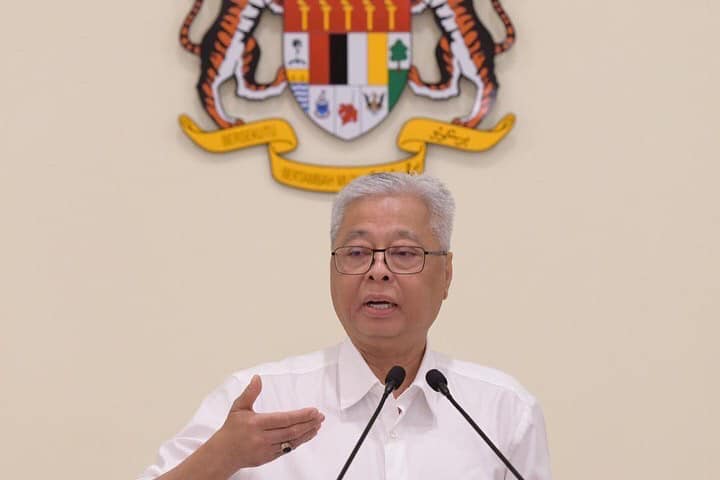KUALA LUMPUR, Oct 21 — The government’s work-from-home order is only enforced on civil servants and industries under the International Trade and Industry Ministry operating in areas under the Conditional Movement Control Order (CMCO), Ismail Sabri Yaakob said today.
The senior defence minister said public workers under critical sectors are allowed to work as usual at their work station.
At the same time, the government has also permitted workers in “informal” sectors, such as retail, food, plantation, agriculture, hawkers, food stalls, restaurants, food courts, grocery stores, and convenience stores, to operate as usual by complying with the standard operating procedures (SOP).
Similarly, employees in transportation services, such as public transportation, express buses, LRT, taxis, e-hailing, and food delivery service, can also work as usual.
“However, the work-from-home order is exempted for civil servants who work in important services, which are classified as critical, to ensure the delivery of services are not interrupted and runs smoothly,” said Ismail Sabri in a video on Facebook.
“Workers from sectors which involve services should work. Sectors which involve security such police and the army can’t be sitting at home and working from home. Those who are required to be at work stations will work as usual,” he added.
Yesterday, the government instructed some one million employees in managerial and supervisory roles across the public and private sectors in states under the CMCO — Selangor, Kuala Lumpur, Putrajaya, Sabah, and Labuan — to work from home from October 22 until the CMCO ends.
“Today, the Director General of Public Service has issued a circular on this order, where the head of the department should ensure all officers at the management and administrative level, who do not necessarily have to be present in office, to work from home.
“Today, the Ministry of International Trade and Industry (MITI) also issued a statement on instructions of working from home, involving nearly 800,000 industrial employees,” Ismail Sabri mentioned.
“MITI has also held discussions with the industries’ associations and requested them to explain to their members about these instructions and the relevant SOPs.”
Yesterday, the senior minister also told workers living in red zones, who are going to work as usual in CMCO areas, to get tested for Covid-19, saying the Social Security Organisation (SOCSO) will bear all the testing costs for its contributors.
Today, however, Ismail Sabri said swab tests are only mandatory for foreign workers who work in the construction sector and security guards, as well as symptomatic employees regardless of nationality.
“For workers from the red zone who need to work in the office, it is also highly recommended for them to undergo a swab test,” Ismail Sabri stated.
“This is to ensure early detection of Covid-19 infection to prevent the existence of new clusters in the workplace.”
Senior International Trade and Industry Minister Mohamed Azmin Ali said in a statement earlier today that a maximum 10 per cent of management and supervisory staff in accounting, finance, administration, law, planning, and ICT (information and communications technology) in CMCO areas will be allowed to work in office for four hours a day (10am to 2pm), three days a week, starting tomorrow.
Azmin said 776,135 staff in management and supervisory positions — or 25 per cent of the 3.1 million workforce in manufacturing, services, and construction in Selangor, Kuala Lumpur, Putrajaya, Sabah, and Labuan — will be required to work from home starting tomorrow.
Public Service director-general Mohd Khairul Adib Abd Rahman said in a statement earlier today that a maximum 30 per cent of civil servants will be allowed to go to work from tomorrow until the end of movement restrictions in CMCO areas, with exemptions for delivery of important services.








